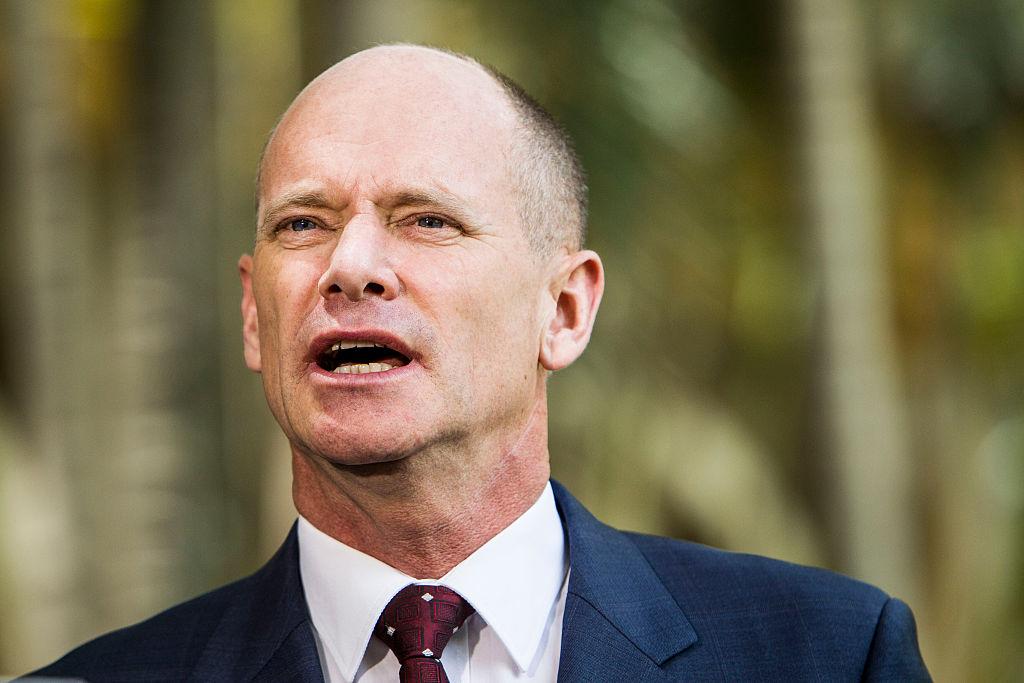Opposition leaders have been reluctant to challenge the reasoning behind government-mandated lockdowns or restrictions against COVID-19 that have had a serious impact on small businesses and the mental health of Australians, according to Senate hopeful Campbell Newman.
The former Queensland premier and long-time Liberal Party member, who quit in July over its policies on COVID-19 restrictions, joined the Liberal Democrats in early August to run in the federal Senate at the next election.





